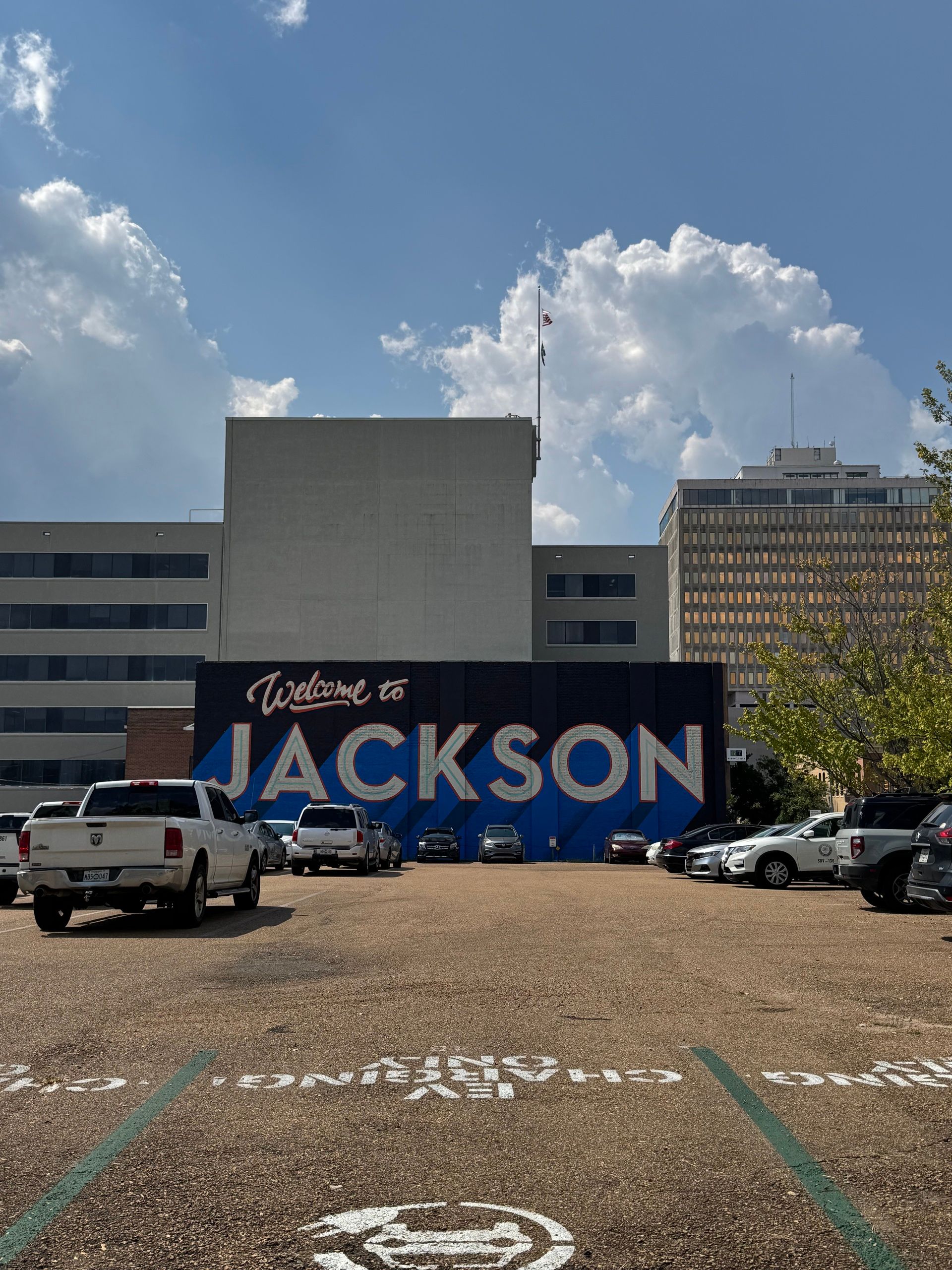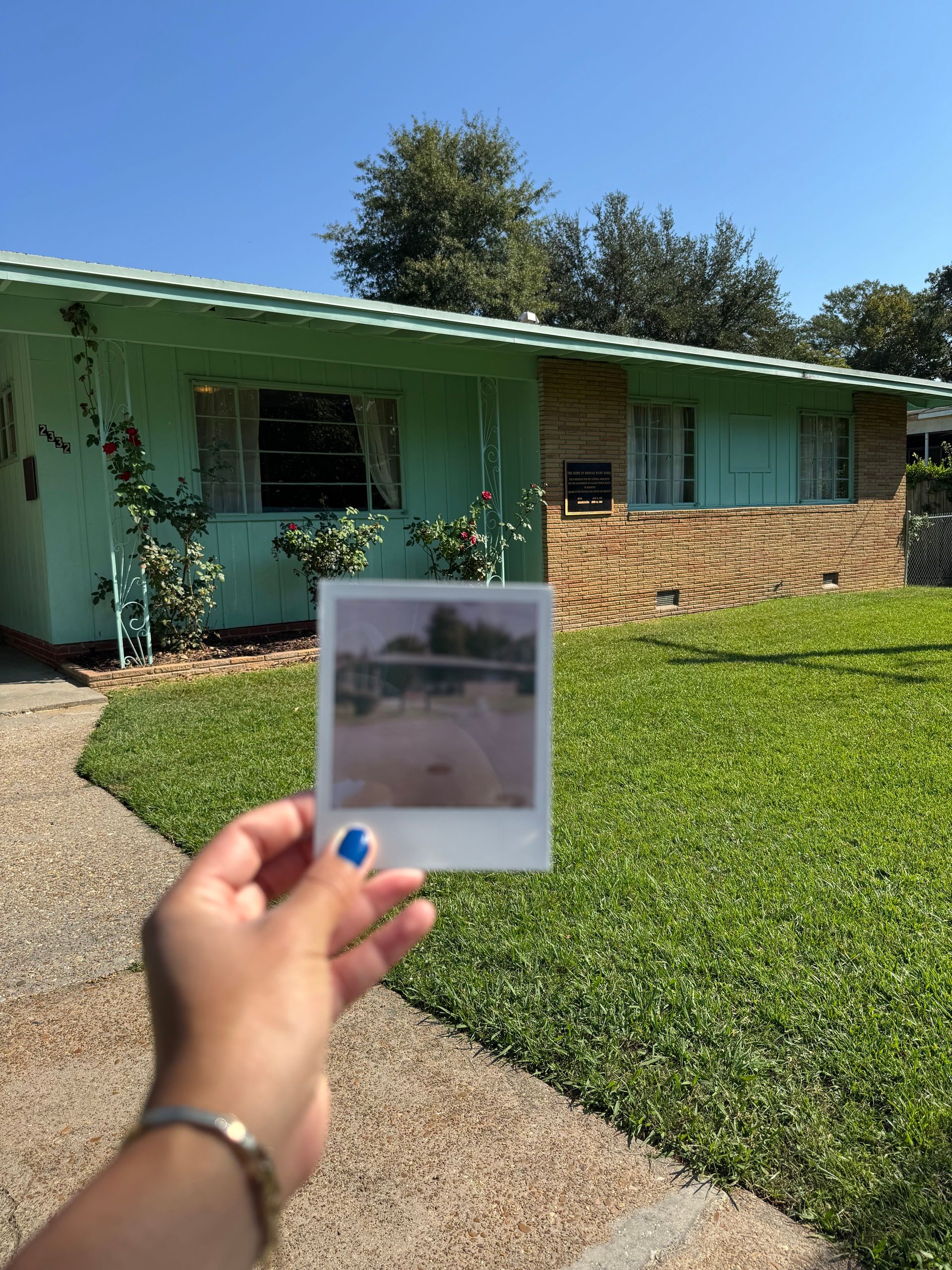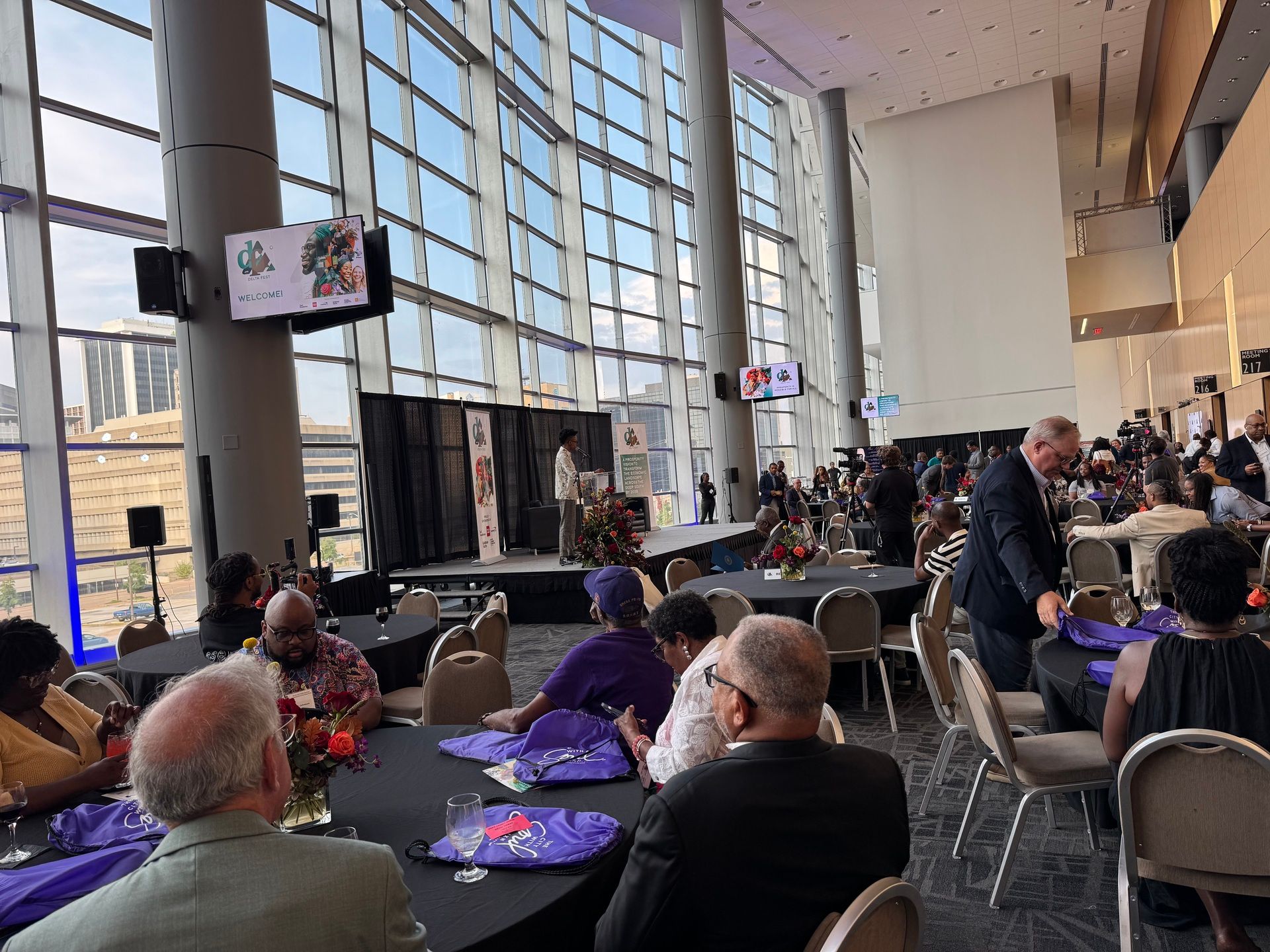
Some people scratch their heads at the idea of visiting Mississippi.
Not me.
When I was invited to cover an inaugural festival on economic empowerment in the Deep South, I did not hesitate. The rural South has always been close to my heart. Growing up in Kentucky, I constantly had to battle preconceived notions about my home state. People often assumed it was somewhere near Mississippi—a fun anecdote I shared with the good people I met there.But that ignorance has always grated on me.
And yet, the region remains deeply under-resourced. My first trip to Red River Gorge in eastern Kentucky highlighted this years ago.
Working in venture capital, I spend my days speaking with people who assume the world moves in lockstep toward technological progress. That all doctors need AI scribes. That all banks need automated credit underwriting.
But what good is an AI scribe when many residents in Jackson still lack access to clean water? What kind of loans can banks underwrite if historically excluded communities mistrust financial institutions and prefer cash?
These realities hit hard. And they serve as a reminder: if you want to see what underbanked populations look like, you need not look far. Emerging markets have much to teach the U.S.—especially regions like the Deep South—about how to reach communities that are still technologically distant.
Fortunately, I know a thing or two about both.
💡5 Takeaways: What Emerging Markets Can Teach the U.S. South
I made my mark at Forbes covering markets few others were paying attention to: Latin America and the African continent. The latter was inspired by my time working at a growth equity fund in Cape Town, where I was blown away by the sophistication of innovation and the ability of founders to meet users exactly where they were.
That same lens is critical when thinking about the Deep South. If we want to reach populations that remain distant from mainstream financial and technological systems, the U.S. can borrow lessons from places that have long had to innovate under constraint.

The home of Medgar Evers, a stark reminder that the legacy of the struggle for civil rights in the south continues to have deep economic ramifications.
1️⃣Start with basic infrastructure, not shiny tech.
Just as mobile money in Africa grew out of limited banking access but high cell phone penetration, solutions in the Deep South need to begin with the basics. This means: reliable utilities, affordable connectivity, and trust-building community infrastructure.
Only then before can advanced fintech or AI be layered into the equation.
2️⃣ Design for cash-first, trust-later economies.
In markets where formal institutions are distrusted, cash remains king. The same is true in the Deep South, where decades of discrimination fuel skepticism toward banks.
In my recent conversation with Capital One, we discussed how simply deploying more digital tools is not enough; real traction comes from creating hybrid models that blend cash, community relationships, and digital rails in ways that earn trust over time.
3️⃣ Leverage community distribution channels.
From Latin American remittance kiosks to African agent networks, local community hubs are powerful on-ramps to financial systems. In the U.S. South, churches, credit unions, and neighborhood stores can play the same role in connecting underserved populations to new tools.

Behind the scenes.
4️⃣ Build for intermittent access, not “always on” connectivity.
Many emerging market products assume unreliable infrastructure like spotty power and weak internet, are features, not bugs. As a result, they design lightweight, SMS-based, or offline-first solutions. The same mindset can be applied to rural U.S. communities where broadband gaps persist.
5️⃣ Pair technology with economic empowerment.
Technology on its own is not enough; it has to address lived realities. Emerging markets show that financial tools succeed when tied to tangible benefits like easier remittances, small business credit, or water access. In the South, solutions must link directly to local economic empowerment goals, not abstract innovation.
🔊 What do you think?
What lessons from emerging markets (or from under-resourced regions like the Deep South) should investors and innovators apply when building for communities that remain technologically distant?
Are there any companies that you think are doing particularly well with this - either abroad or here in the US?
Share in the comments or send me a note.
🎙What’s coming up in content
👀Last week I was interviewed for a Business Insider piece about my experience as a landlord. If you know me personally, it is a story I have shared—but rarely in public. My hope is that it inspires others to take the leap, and more importantly, encourages a few folks to rescue beautiful historic properties.
🎧 I am also excited to share a new episode of Money Memories featuring an incredible real estate investor who went from believing that paying off a credit card was enough to building a full real estate portfolio.
❗Paid tiers are live! If you want to support and get access to exclusive content and deeper dives, you can do so here.
📍 Where I’ll Be / Where I Want to Be
Organizing a happy hour for femtech founders, builders, and people generally interested in Los Angeles along with the fabulous Ira Kukuyeva and Allthingsfemtech. Sign up here or share with a friend!
Proptech Get Together Manhattan Beach September 25: If you’re a proptech builder or investor, sign up for this event I’m organizing with the Wharton Club of SoCal, featuring some incredible founders and investors. Register here.
SIBOS Frankfurt 29 Sep - 2 Oct: Working on an exciting collaboration, stay tuned!
NYC October 16: Another founder + creator meetup is in the works, stay tuned!
Do you have an event you want highlighted? Reach out to get featured!
📊 Stat of the Week
It’s hard to raise money:

I’m working on a guide for founders on what they should ask prospective investors when raising capital.
What would you like to know? Share in the comments or shoot me an email.
🔗 Other Interesting Reads & Listens
📌Sorority Girls Are Cashing In Big for Their Viral Rush Videos I still believe content creators are very underpaid.
📌Life in Germany: Free universities and paid vacations Sign me up, bitte.
Till next week,
Ilona
P.S. Don’t forget to click on the link to show this newsletter some love!
The best HR advice comes from people who’ve been in the trenches.
That’s what this newsletter delivers.
I Hate it Here is your insider’s guide to surviving and thriving in HR, from someone who’s been there. It’s not about theory or buzzwords — it’s about practical, real-world advice for navigating everything from tricky managers to messy policies.
Every newsletter is written by Hebba Youssef — a Chief People Officer who’s seen it all and is here to share what actually works (and what doesn’t). We’re talking real talk, real strategies, and real support — all with a side of humor to keep you sane.
Because HR shouldn’t feel like a thankless job. And you shouldn’t feel alone in it.

